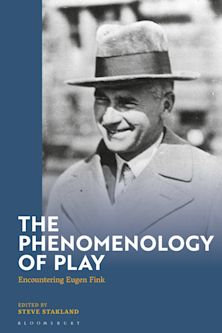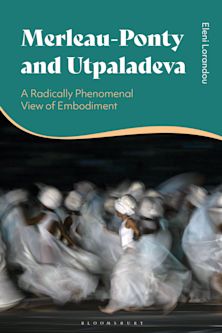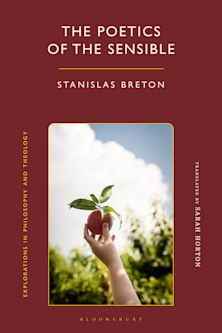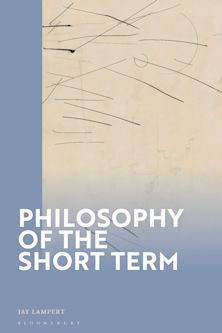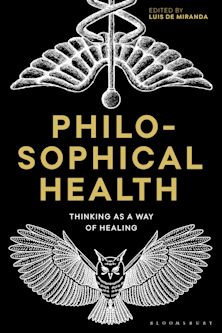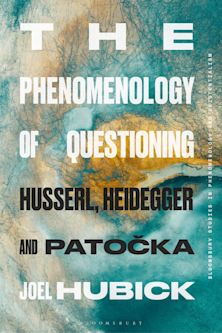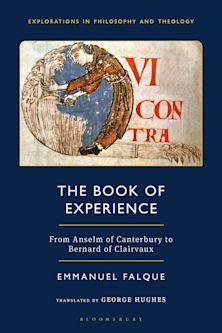A Companion to Ricoeur's Freedom and Nature
A Companion to Ricoeur's Freedom and Nature
Description
Paul Ricoeur’s first book, Freedom and Nature, introduces many themes that resurface in various ways throughout his later work, but its significance has been mostly overlooked in the field of Ricoeur studies. Gathering together an international group of scholars, A Companion to Freedom and Nature is the first book-length study to focus exclusively on Freedom and Nature. It helps readers to understand this complex work by providing careful textual analysis of specific arguments in the book and by situating them in relation to Ricoeur’s early influences, including Merleau-Ponty, Nabert, and Ravaisson. But most importantly, this book demonstrates that Freedom and Nature remains a compelling and vital resource for readers today, precisely because it resonates with recent developments in the areas of embodied cognition, philosophical psychology, and philosophy of the will. Freedom and Nature is fundamentally a book about embodiment, and it situates the human body at the crossroads of activity and passivity, motivation and causation, the voluntary and the involuntary. This conception of the body informs Ricoeur’s unique treatment of topics such as effort, habit, and attention that are of much interest to scholars today. Together the chapters of this book provide a renewed appreciation of this important and innovative work.
Table of Contents
Scott Davidson
Part I: Historical Influences
1. Ricoeur and Merleau-Ponty: From Perception to Action
Marc-Antoine Vallée
2. Act, Sign and Objectivity: Jean Nabert’s Influence on the Ricoeurian Phenomenology of the Will
Jean-Luc Amalric
3. Ravaisson and Ricoeur on Habit
Jakub Capek
4. The Influence of Aquinas’s Psychology and Cosmology on Ricoeur’s Freedom and Nature
Michael Sohn
Part II: Key Themes
5. The Paradox of Attention: The Action of the Self upon Itself
Michael A. Johnson
6. The Status of the Subject in Ricoeur’s Phenomenology of Decision
Johann Michel
7. Volo, ergo sum: Ricoeur Reading Maine de Biran on Effort and Resistance, the Voluntary and the Involuntary
Eftichis Pirovolakis
8. On Habit
Grégori Jean
9. The Phenomenon of Life and its Pathos
Scott Davidson
Part III: New Trajectories
10. A Descriptive Science of First-Person Experience: For an Experiential Phenomenology
Natalie Depraz
11. Ricoeur’s Take on Embodied Cognition and Imagination: Enactivism in Light of Freedom and Nature
Geoffrey Dierckxsens
12. Freedom and Resentment and Ricoeur: Towards a Normative-Narrative Theory of Agency
Adam J. Graves
Product details
| Published | Jun 13 2018 |
|---|---|
| Format | Ebook (PDF) |
| Edition | 1st |
| Extent | 1 |
| ISBN | 9781978754683 |
| Imprint | Lexington Books |
| Illustrations | 1 tables; |
| Series | Studies in the Thought of Paul Ricoeur |
| Publisher | Bloomsbury Publishing |
Reviews

ONLINE RESOURCES
Bloomsbury Collections
This book is available on Bloomsbury Collections where your library has access.

















